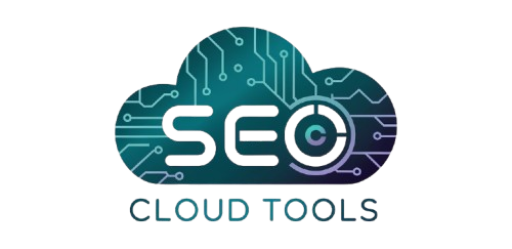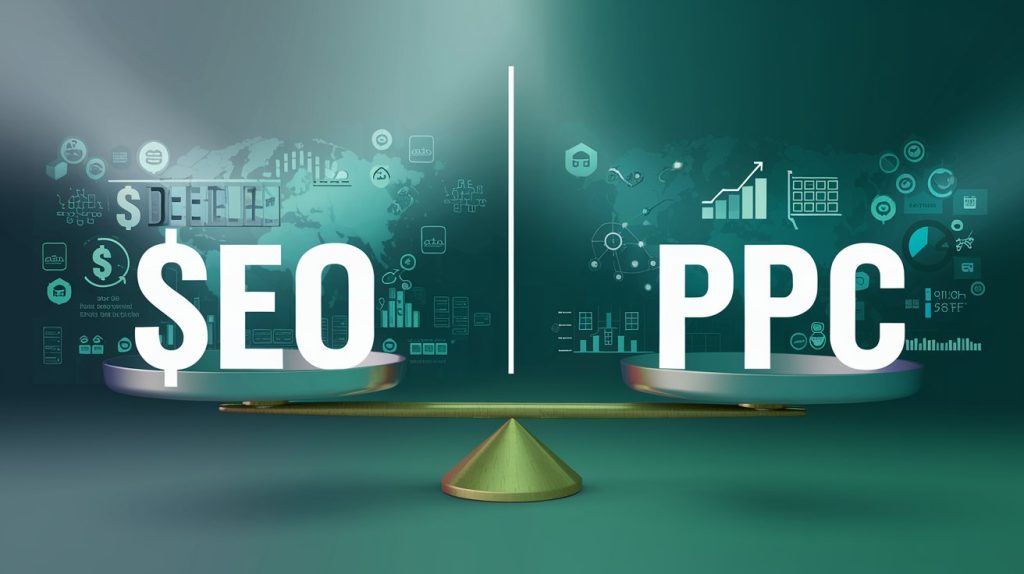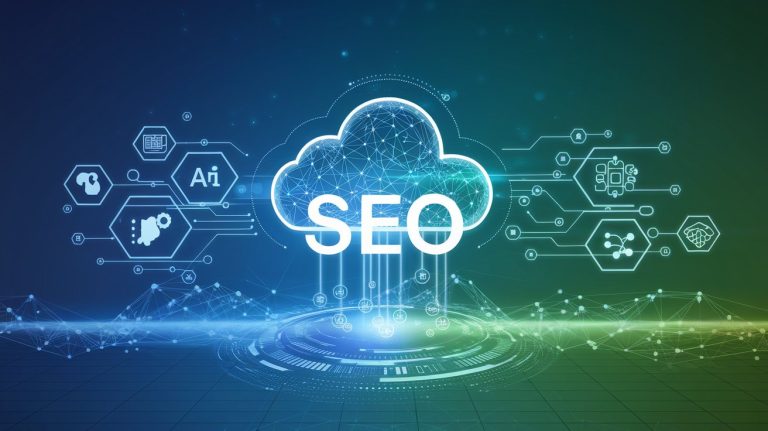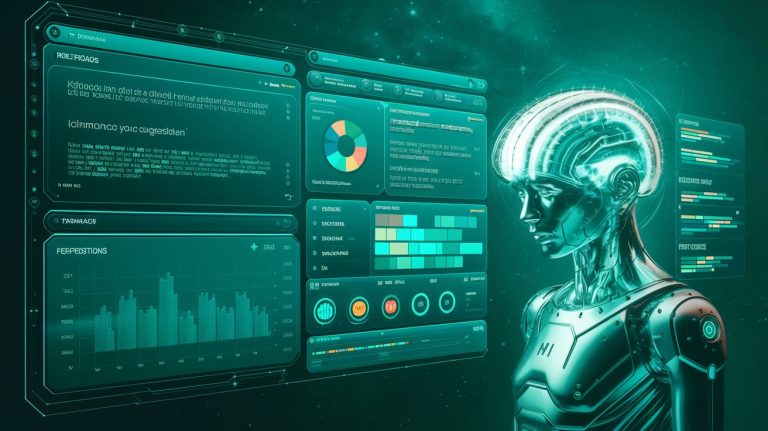When it comes to digital marketing, two strategies dominate the conversation: Search Engine Optimization (SEO) and Pay-Per-Click Advertising (PPC). Both have unique advantages, and deciding which strategy delivers better return on investment (ROI) depends on your business goals, budget, and timeline.
This article will explore the differences, benefits, and challenges of SEO and PPC to help you choose the best strategy for your needs.
What is SEO?
SEO involves optimizing your website to improve its organic ranking on search engine results pages (SERPs). The goal is to attract traffic without paying for each click. SEO focuses on:
Keyword optimization.
Quality content creation.
Technical website improvements.
Backlink building.
Key Features:
Organic (unpaid) traffic.
Long-term results.
Continuous optimization.
What is PPC?
PPC is a paid advertising model where businesses bid on keywords to display their ads on search engines and other platforms. Advertisers pay only when users click on their ads. Common PPC platforms include Google Ads and Bing Ads.
Key Features:
Immediate visibility.
Costs are based on clicks.
Customizable campaigns.
SEO vs. PPC: Key Differences
| Aspect | SEO | PPC |
|---|---|---|
| Cost | Primarily time and effort; no direct cost per click. | Paid; cost per click depends on competition. |
| Timeframe | Long-term; results can take months. | Immediate; results start as soon as ads run. |
| Traffic | Organic, sustained traffic. | Paid, temporary traffic. |
| Scalability | Limited by search volume and optimization. | Highly scalable with budget adjustments. |
| Click-Through Rate (CTR) | Typically higher for organic results. | Often lower but targeted via ads. |
| Brand Trust | Builds authority over time. | Immediate exposure but less credibility. |
Benefits of SEO
Cost-Effective
SEO doesn’t require direct payments for traffic, making it a budget-friendly strategy for long-term growth.Sustainable Results
Once your site ranks well, it can continue to attract traffic without ongoing ad spend.Increased Credibility
Users tend to trust organic results more than paid ads.Wider Reach
SEO can help target users at every stage of the buyer’s journey with the right content.Enhanced User Experience
SEO focuses on website optimization, improving user experience and engagement.
Benefits of PPC
Immediate Results
PPC campaigns generate traffic as soon as they’re launched, making it ideal for time-sensitive campaigns.Highly Targeted
You can target users based on location, demographics, behavior, and more.Precise Budget Control
Set daily or monthly budgets to control costs effectively.A/B Testing Opportunities
Experiment with ad copy, landing pages, and targeting to optimize performance.Competitive Advantage
Outrank competitors in paid search results by bidding on high-value keywords.
Challenges of SEO
Time-Intensive
SEO requires patience and continuous effort to achieve and maintain rankings.Algorithm Dependency
Frequent algorithm updates by search engines can impact rankings.High Competition
Competitive industries may require significant time and effort to outrank others.
Challenges of PPC
Costly for Competitive Niches
Bidding wars for high-demand keywords can drive up costs.Short-Term Impact
Once the campaign ends, traffic stops immediately.Click Fraud Risk
Competitors or bots can maliciously click your ads, inflating costs.
Which Strategy Delivers Better ROI?
When SEO Delivers Better ROI
Small or Fixed Budgets: If you’re operating on a limited budget, investing in SEO can generate sustainable, long-term traffic without ongoing ad spend.
Long-Term Goals: SEO is ideal for businesses looking to build brand authority and achieve steady growth over time.
Niche Industries: Targeting specific, less-competitive keywords often yields high ROI with SEO.
When PPC Delivers Better ROI
Immediate Results Needed: If you need quick traffic or sales, PPC is the best option.
Competitive Industries: In competitive spaces where ranking organically is difficult, PPC provides visibility.
Targeting Specific Audiences: PPC allows precise targeting, ensuring your ads reach the right users.
Combining SEO and PPC for Maximum ROI
The best strategy often combines SEO and PPC to capitalize on their respective strengths. Here’s how to integrate them:
Use PPC for Short-Term Gains: Launch PPC campaigns to drive immediate traffic while your SEO efforts build over time.
Leverage Data Across Channels: Use insights from PPC campaigns (e.g., high-performing keywords) to inform your SEO strategy.
Dominate SERPs: With SEO and PPC, you can occupy both organic and paid results, increasing visibility and CTR.
Reinforce Brand Awareness: PPC can provide instant exposure, while SEO builds trust and credibility over time.
Conclusion
Both SEO and PPC are powerful tools in a digital marketer’s arsenal, and the better strategy depends on your business objectives. SEO is ideal for long-term growth and sustainability, while PPC delivers immediate visibility and traffic. For many businesses, a combination of the two yields the highest ROI.
Evaluate your goals, budget, and competition to choose the strategy—or combination—that works best for you. With the right approach, you can maximize your online presence and achieve your desired outcomes.




